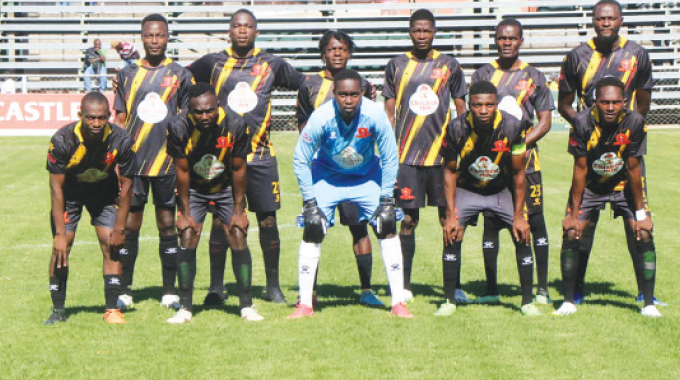Sport psychology critical post Covid-19

Innocent Kurira, Sports Reporter
Zimbabwe has been on a national lockdown for more than two months and for the greater part, most athletes were stranded at home with little activity as all sporting activities had been banned as part of measures to contain Covid-19.
This did not bode well for athletes to see off the year while wasting away at home with no way of improving their skills.
At first it seemed as though sporting events would be played behind closed doors, but the situation quickly escalated and sport was suspended worldwide.
This has financially affected many talented athletes as their source of income has been shut down.
The Government has now lifted the ban on low risk sports and athletes have to strictly adhere to health and safety measures stipulated by the Sports and Recreation Commission. While this is a welcome move, it might however, take some time for athletes to adjust and move forward. There is need for professional psychological examination of athletes across board to ensure a healthy sporting environment before any competition resumes.
Sport psychology is one key component of modern day sport that has been relatively ignored in Zimbabwe but could prove critical post Convid-19.
It may not be known how mentally fit local athletes are but a major check-up on their well being is necessary.
While well-wishers have brought relief through food donations to some athletes, mostly football players, nothing has been done on their mental state.
Are sportspersons’ minds able to cope with surviving on grocery handouts?
Sports scientists note that it is not only money and food that are essential. A PSL player revealed that he actually misses being on the field of play than anything else. He said everything else was now boring, including training programmes they were given to follow at the onset of the lockdown.
I’m not surprised that some players are already playing money games, which is dangerous, but I think that desire to play again is getting to them,” said the player.
Sports scientist Khanyile Dlamini has warned that unless athletes undergo mental strengthening during the lockdown, most will find the going tough when restrictions are lifted and competitive sport resumes.
“Perhaps an aspect that has been largely ignored is strengthening of the mind during this time. It’s a good time to set goals and begin to do imagery exercises.
“The key to surviving the lockdown is not to see it as house arrest, but as an opportunity to learn other things that we normally have no time to look at such as the psychological aspect of an athlete,” she said.
According to an article on sports health website Sage Publishing entitled “Coronavirus Disease 2019 (Covid-19): Considerations for the Competitive Athlete” written by Brett G Toresdahl and Irfan M Asif, the cancellation of sports activities could have devastating consequences on an athlete.
“Suspending seasons and cancelling competitions can cause significant grief, stress, anxiety, frustration and sadness for an athlete.
“The psychological impact of Covid-19 on a competitive athlete is potentiated by the removal of his or her social support network and normal training routine, which for some is a critical component of managing depression or anxiety.
“Sports medicine providers should anticipate the need for additional mental health support for athletes, which could include ensuring regular check-ins with athletes, facilitating telehealth consultation with a sports psychologist and encouraging maintenance of social interactions with family and friends,” reads the article.
It further notes the importance of mental health to the success of an athlete.
“A good athlete will have more mental toughness and emotional stability than his more mediocre colleague.
“The insight that sport is much more than muscle strength, conditioning and technical skill is an old one. Today most coaches and athletes are well aware that psychological traits and abilities play a significant role, especially in competitive sports. However, this insight is often combined with a passive view about mental skills.” — @innocentskizoe










Comments